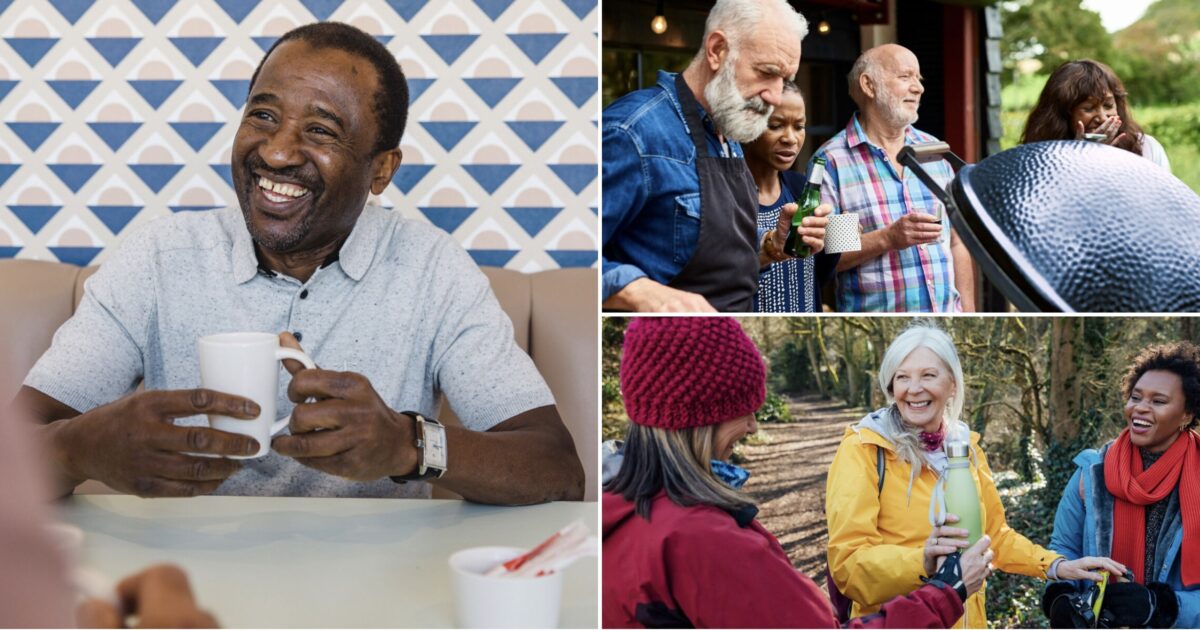trophywench
Well-Known Member
- Relationship to Diabetes
- Type 1
Two this week.
First was from the retinopathy service. After consistently receiving 'background changes/background retinopathy' since they started taking photos whenever that was - apparently I now have no detectable changes attributable to diabetes. That was a surprise considering the first time anyone noticed I had a tiny blood clot at the back of my left eye well away from my sight, was my optician in the early/middle 1990s, before retinal screening and all photos I've ever actually seen since then, have still showed it. I always wondered at the time whether it was a leave over from being socked in the face randomly by something or another as a kid - who knows.
Then yesterday - an invitation to take part in a clinical trial - the Galleri trial. 4 of us in my family - 3 died of or with, cancer. One left, me, who hasn't succumbed to it, so far. No idea whether that has led to this invitation or not - although I did enquire of the same GP surgery about 20 years ago whether I should have DNA tests - they enquired on my behalf and apparently not. So - it's interesting anyway. Blood test duly booked in about a fortnight - but not expecting to hear anything cos of course you wouldn't know if they've even tested you cos you're just as likely to be in the control group as not, or even if they do test, if they find nowt that needs attention, you still wouldn't hear.
First was from the retinopathy service. After consistently receiving 'background changes/background retinopathy' since they started taking photos whenever that was - apparently I now have no detectable changes attributable to diabetes. That was a surprise considering the first time anyone noticed I had a tiny blood clot at the back of my left eye well away from my sight, was my optician in the early/middle 1990s, before retinal screening and all photos I've ever actually seen since then, have still showed it. I always wondered at the time whether it was a leave over from being socked in the face randomly by something or another as a kid - who knows.
Then yesterday - an invitation to take part in a clinical trial - the Galleri trial. 4 of us in my family - 3 died of or with, cancer. One left, me, who hasn't succumbed to it, so far. No idea whether that has led to this invitation or not - although I did enquire of the same GP surgery about 20 years ago whether I should have DNA tests - they enquired on my behalf and apparently not. So - it's interesting anyway. Blood test duly booked in about a fortnight - but not expecting to hear anything cos of course you wouldn't know if they've even tested you cos you're just as likely to be in the control group as not, or even if they do test, if they find nowt that needs attention, you still wouldn't hear.

